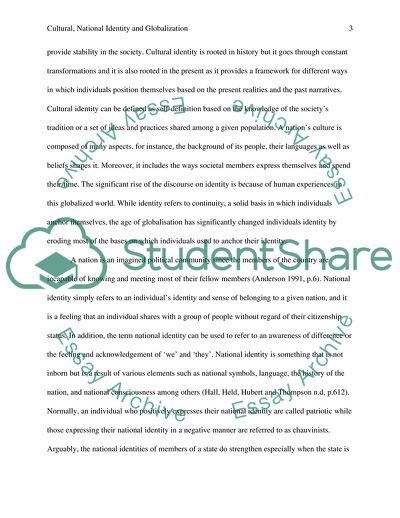Cite this document
(Cultural, National Identity and Globalization Essay Example | Topics and Well Written Essays - 2000 words - 8, n.d.)
Cultural, National Identity and Globalization Essay Example | Topics and Well Written Essays - 2000 words - 8. https://studentshare.org/social-science/1830878-globalisation
Cultural, National Identity and Globalization Essay Example | Topics and Well Written Essays - 2000 words - 8. https://studentshare.org/social-science/1830878-globalisation
(Cultural, National Identity and Globalization Essay Example | Topics and Well Written Essays - 2000 Words - 8)
Cultural, National Identity and Globalization Essay Example | Topics and Well Written Essays - 2000 Words - 8. https://studentshare.org/social-science/1830878-globalisation.
Cultural, National Identity and Globalization Essay Example | Topics and Well Written Essays - 2000 Words - 8. https://studentshare.org/social-science/1830878-globalisation.
“Cultural, National Identity and Globalization Essay Example | Topics and Well Written Essays - 2000 Words - 8”. https://studentshare.org/social-science/1830878-globalisation.


